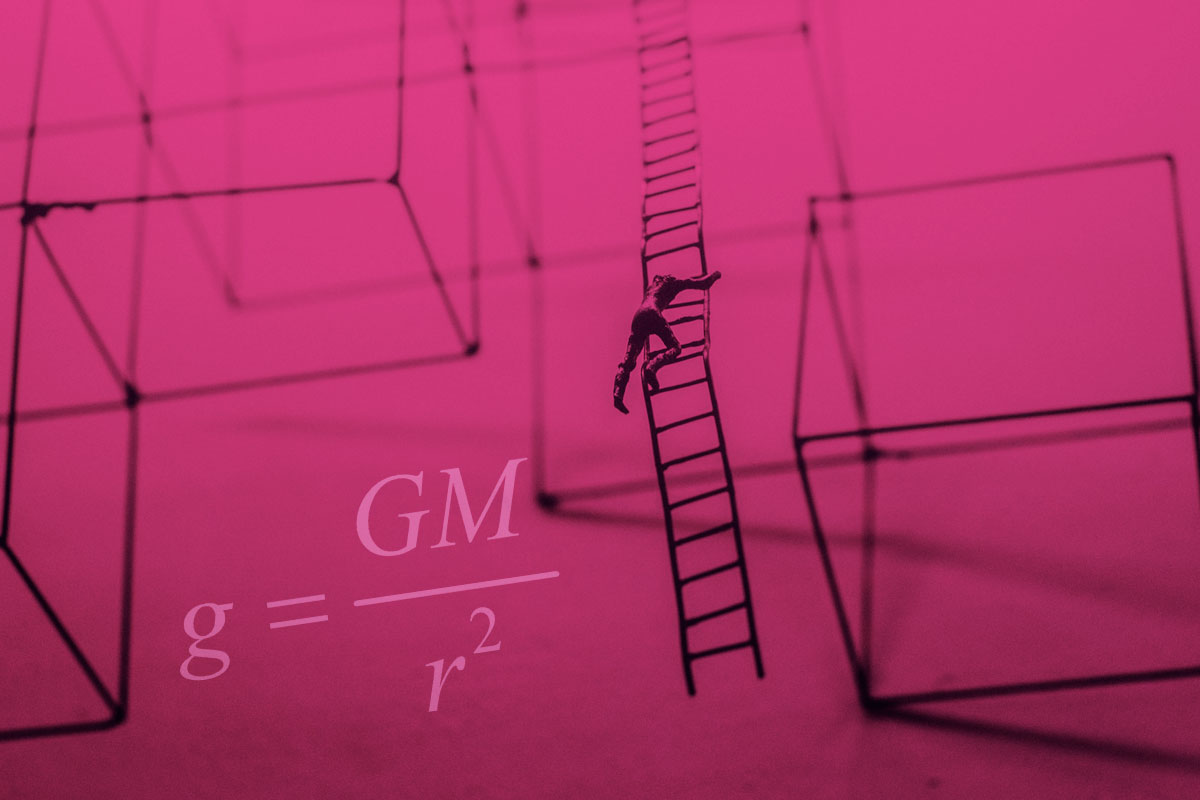
How do you put a value on a life?
The humble ladder ranks up there with the wheel for both its ingenious design and the positive impact it has made to our lives. Imagine having to hire a scaffolder every time you needed to change a lightbulb or clean the upstairs windows. It’s a design so simple that toddlers often intuitively ascend the ladder of a slide with no instruction. Yet equally, the humble ladder can be as lethal as any weapon: falls from height accounted for one quarter of all workplace deaths between 2017 and 2022. Perhaps the ease with which we use ladders numbs us to the risks of falling. Indeed, psychologists have identified a cognitive bias or mental shortcut that we take when assessing risks. The more readily we can recall something happening, the more probable we judge it to be. If you’ve never fall from a ladder, and don’t know anyone who has, you’ll judge it less likely to happen than someone who has fallen from a ladder (or knows someone who has). We may not set out to take risks, it’s just the way our brains are wired.
Automotive group McLaren was recently fined £650,000 after 55 year old David Oldham fell from height while carrying out an inspection of a mobile hospitality unit that the company’s Formula 1 team use during grand prix weekends. An investigation by the Health and Safety Executive (HSE) found McLaren had failed to properly assess the risks and to put measures in place to prevent workers falling from height. A question I am often asked is how a Judge determines the level of compensation when someone is injured or killed at work in cases such as this.
Whilst every case will be different there are a number of factors that are taken into consideration when determining compensation. In no particular order, the age of the person killed determines how many years future loss of earnings need to be taken into account. With the pension age due to rise to 67 in 2028, a 30 year old today would have 37 years of future earnings ahead of them. Similarly, once that individual retires there is an average life expectancy. A 67 year old with no health problems may be expected to live another 20 years. This period would be classed as lost pensionable years and also taken into account.
